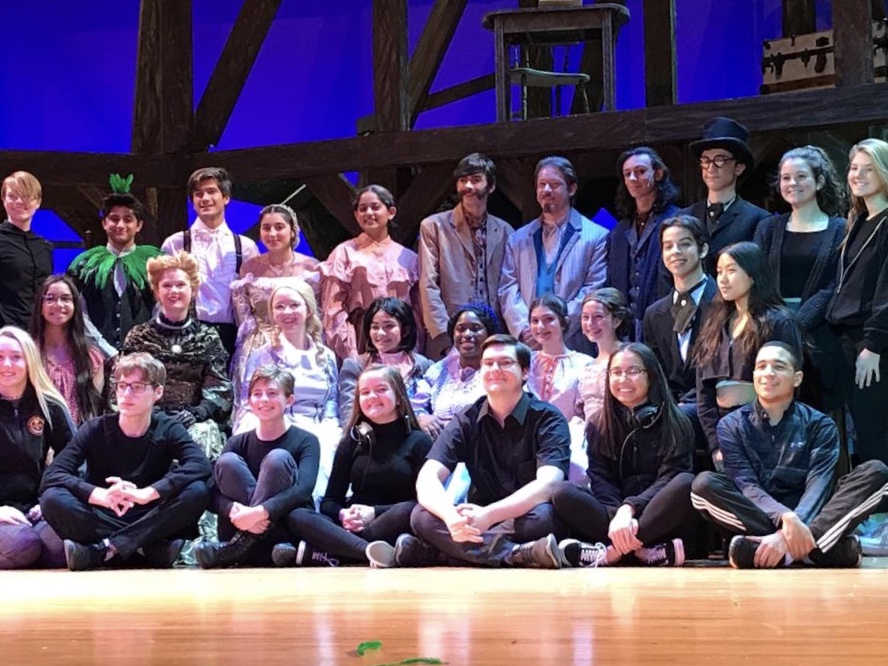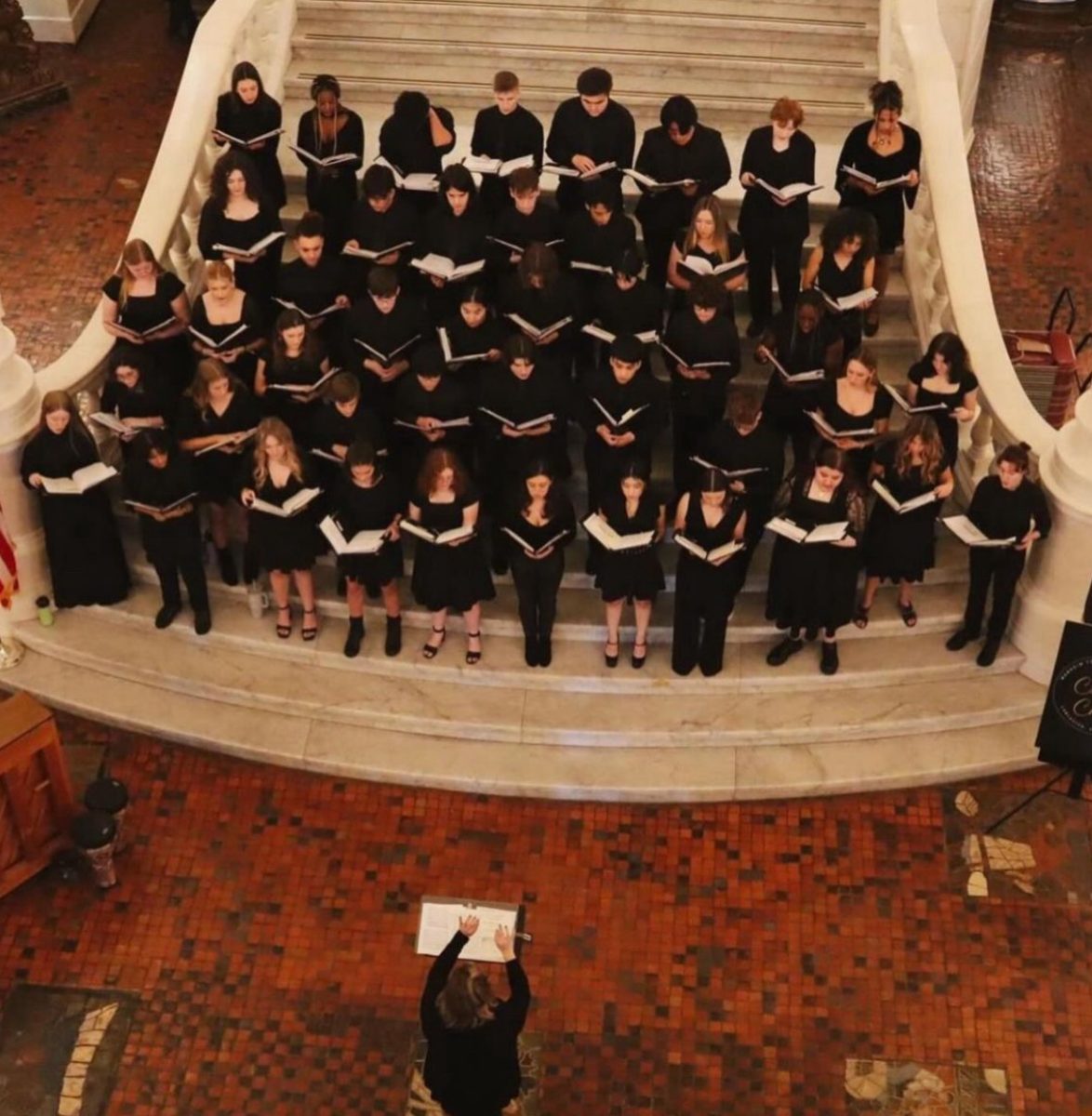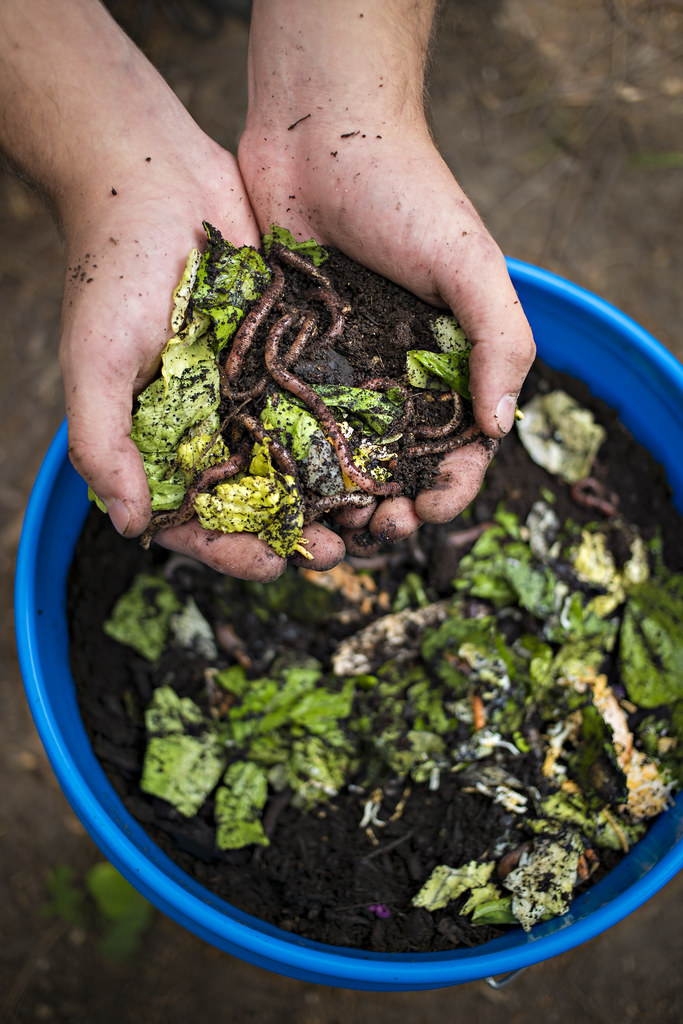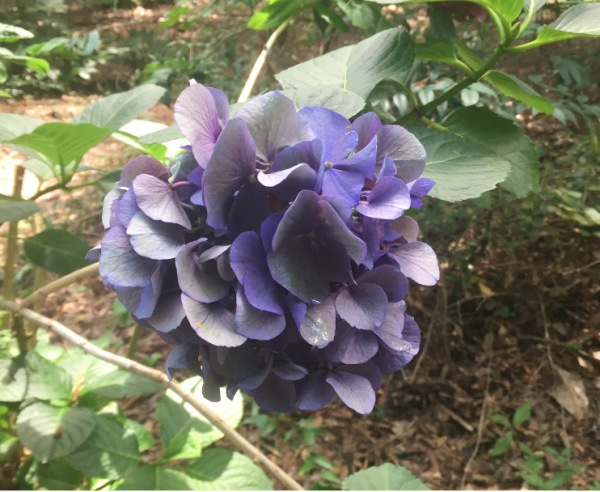“Little Women”: an unforgettable experience
December 4, 2019
In recent years, adaptations of classic novels have become popular in pop culture. This past November 21-23, Manheim Township Performing Arts (MTPA) debuted Kate Hamill’s adaptation of “Little Women,” and many viewers have come to form mixed opinions on the show. While I have yet to read the novel that the play is based on, “Little Women” by Louisa May Alcott, I was able to observe the production’s plot as well as technical functionalities and form an opinion based on the show itself. The production has been regarded as a huge success, and the play was arguably one of the most memorable and emotional experiences to come out of the High School in the past few years.
As I walked into the theater, the ushers were friendly and handed each audience member a pamphlet while also helping to direct everyone toward their seats. During intermission, refreshments were provided for purchase, and the crowd members were able to stretch their legs, go for a bathroom break, and take in what they had just watched.
The storyline of the play was much easier to follow compared to other productions in the past. The play followed the March family and focused mainly on Jo March (Yasmin Nicholas) —a spunky, witty and outgoing character who struggled with gender norms and coping with the tasks expected of a young woman during the late 1800s. Jo, along with the character Laurie (Xavier Cedeno Bravo), proved to be relatable in their gender norm struggles and desire to be different, much like teens of this day and age. Laurie was able to avoid going into the military, and rather than focusing on his education, he wanted to spend time with his friends. Laurie neglected the idea of education being a luxury and saw it only as a burden in which he would much rather not have to do. His constant longing to be able to express his true self complemented Jo’s similar desires, and the play showed how both characters coped with the challenges faced by individuals wanting to defy social norms during this time period.
The costume crew did a phenomenal job with each cast member’s outfit, fitting the character’s personalities and the time period well. The dresses worn by the girls represent the societal norms imposed upon women in the Civil War era: the garments were hooped in order to fit the conservative style. Jo mostly wore pants, which defied the traditional clothing norms of young women, further enhancing her desire to be different. In addition, the stage crew’s transition between scenes was seemingly flawless and gave just enough time for audiences to process each scene. While they dimmed the lights during transitions, music was played, which added to the intensity of the plot.
In addition, elements of humor were present in the entire show, from the clumsy character of John Brooks (Mitchell Callais) to what seemed to be the audience’s favorite performance of the night: the parrot (Pritesh Tanna). Tanna sparked laughter from the entire audience with his comical mimicking of a parrot, repeating lines of characters such as Amy (Kristen Bennett), Jo, and Aunt March (Maggie Spealman).
The symbolism in the play was prevalent throughout, notably in Beth (Audrey Pavlica), a March sister, who seemed to hold everybody together with her selflessness and care for the family. Beth, altruistically, wanted to use her Christmas money to buy a present for the girls’ mother, inspiring all of the sisters to do the same with their money. Additionally, when Beth got sick, the characters Amy and Jo were able to overlook their conflicts with each other once they realized the importance of family above all else.
From the development of girls into women to relationship struggles and the importance of family, MTPA’s production of “Little Women” was an unforgettable experience and left members of the crowd reaching for tissues by the end. With such a success from this play, community members, students and staff at the High School are looking forward to MTPA’s musical “Mamma Mia” this upcoming spring.























